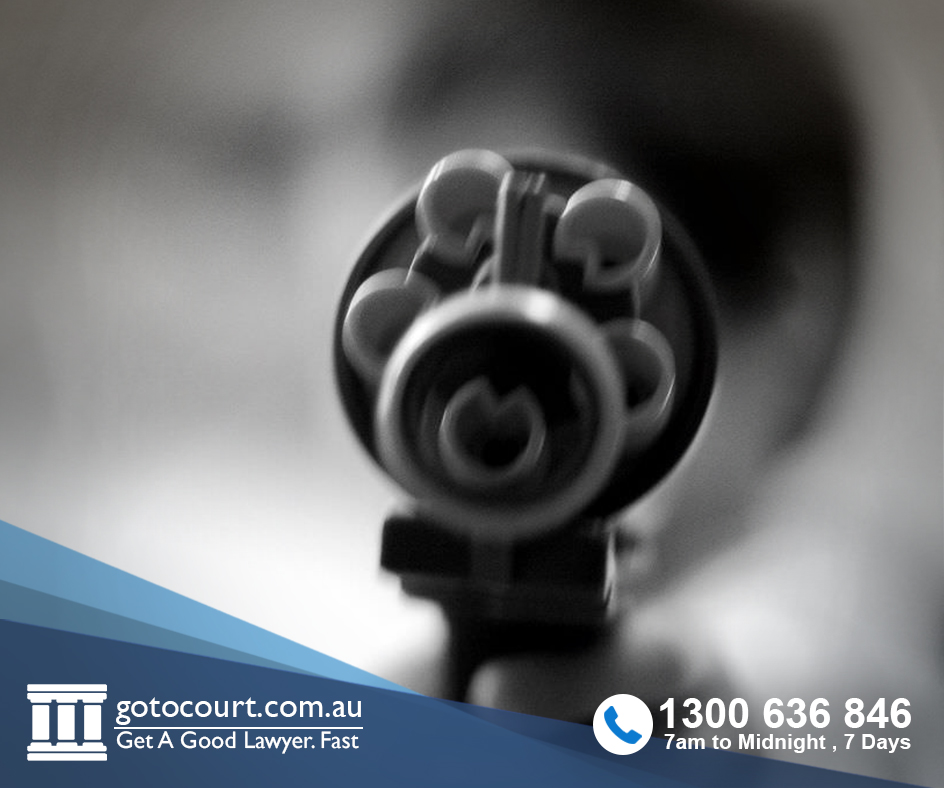Applying for Bail (ACT)
In the ACT, when a person is charged with an offence, they can either be held in custody until their case is heard or released on bail. When a person is released on bail, they must return to court at a later date to answer the charge. This article deals with bail in the ACT.
Legislation
The laws regarding bail are contained in the Bail Act 1992.
If a person is applying for bail in respect of Commonwealth criminal charges, there are additional criteria that must be considered. These criteria are set out in the Commonwealth Crimes Act 1914.
Who can grant bail?
Bail can be granted to a person by the police after arrest. If the police do not grant bail, the person must be brought before a magistrate within 48 hours and given the opportunity to apply for bail.
If a magistrate refuses bail, an application for a bail review may be made to Supreme Court.
Bail conditions
If a person is granted bail, they are released from custody on the condition that they will appear in court at a later date and that they will not commit an offence punishable by imprisonment whilst on bail.
If the court or police have concerns about granting a person bail, they may impose further conditions. These conditions may specify where the person is to live, what they must do and how they must behave.
A person may also be required to pay a surety before bail is granted. This is an amount of money that is forfeited if the person does not attend court to answer the charges.
Section 25 of the Bail Act 1992 lists the conditions that may be imposed on an adult’s bail. Section 26 of the Bail Act 1992 lists the conditions that may be imposed on a young person’s bail.
Bail presumptions
Whether or not a person is released on bail will depend on the charges they are facing and on their criminal and bail history. It will also depend on their personal circumstances. However, before the court considers a person’s circumstances, it must consider whether the presumption is in favour or bail, or against bail.
Under Division 2.2 of the Bail Act, there is a presumption in favour of bail in the following circumstances:
- When a person is charged with an offence not punishable by imprisonment
- When a person is charged with an offence punishable by less than six months imprisonment
- When a person is arrested for breaching the peace
- When a person is arrested for failing to failing to comply with a summons or subpoena.
When there is a presumption in favour of bail, the accused will be granted bail unless the prosecution satisfies the court that bail should not be granted.
Under Division 2.4 of the Bail Act, there is a presumption against bail in the following circumstances:
- Where a person is charged with murder
- Where a person is charged with a serious drug offence
When the presumption is against bail, the accused will not be granted bail unless there are special or exceptional circumstances that favour the grant of bail.
Criteria for granting bail
When deciding whether to grant an adult bail, the following criteria must be considered:
- The likelihood of them appearing in court for the offence
- The likelihood that, if released, they would commit an offence, harass or endanger the safety or welfare of a person or interfere with evidence.
When deciding whether to grant bail to a young person, The court must also consider the principles set out in the Children and Young People Act 2008.
Bail in Commonwealth matters
If the person is charged with commonwealth offences, the court must consider any likely effect of a grant of bail on any witnesses to, or victims of, the offences.
There are also some additional rules under the commonwealth Crimes Act that must be considered. For some offences, there is a presumption against bail and bail will not to be granted unless the decision-maker believes that the circumstances of the case are exceptional. These offences include serious drug importation and exportation matters, certain treason offences and certain terrorism offences.
Breach of bail
If a person breaches their bail in the ACT, they may be charged with an offence under section 49 of the Bail Act. This offence has a maximum penalty of two years imprisonment or a fine of 200 penalty units.
If a person is found to have breached their bail condition, their bail may also be revoked.
If you require legal advice or representation in any legal matter, please contact Go To Court Lawyers.








